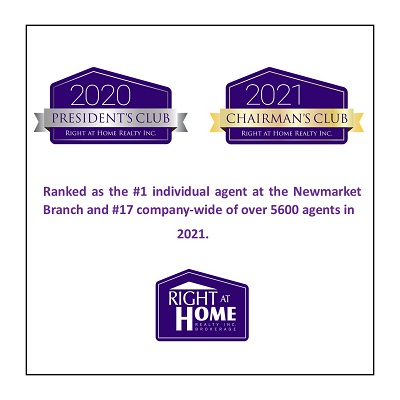In the hot real estate market we almost never hear of an escape clause because the properties are often sold in multiple offers situation and without conditions, in the slower markets the escape clause happens more often.
The escape clause in not limited to real estate and can happen in any type of contract. Essentially the escape clause means that a party to a contract can escape or get out of the contract without a penalty.
The clause can be used be either buyer or seller.
There could be many reasons for the escape clause, in real estate contracts the most common scenario is when the seller accepted an offer from the buyer conditional on the sale of the buyer’s property. Until the contract is firm the seller will continue to market the property to hopefully attract other offers. The escape clause may allow the seller to accept another offer, typically the buyer will be given a certain amount of time to match this offer (known as the right of first refusal), and if not matched the original contract will be voided due to the escape clause and the seller will be allowed to sell the property to another buyer.
The escape clause is not a free card to get out of the contract, the conditions specified in the contract must be met in order to be able to use the escape clause.
In Greyson v Creasy the sellers received a better offer but did not provide the initial buyer the opportunity to complete the transaction according to the initial agreement of purchase and sale, the litigation ensued.
If you have further questions about the escape clause, please contact us.






Post a comment